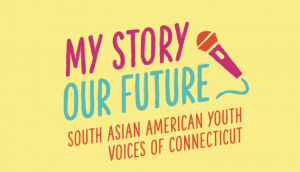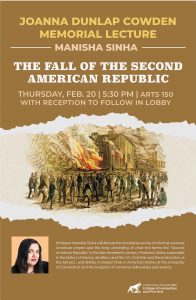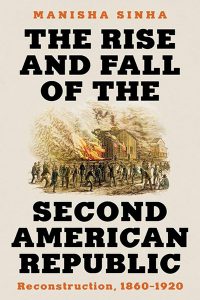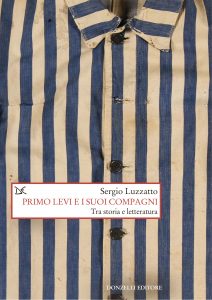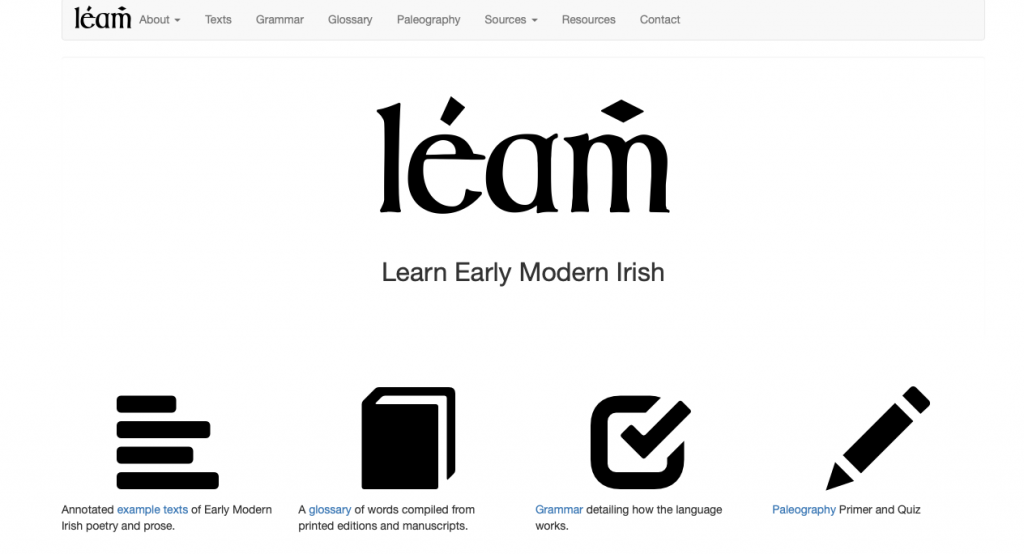Professor Deirdre Cooper Owens has been named the Stafford Ellison Wright Black Alumni Scholar-in-Residence at Occidental College in Los Angeles California. This awa rd is funded by the Stafford Ellison Wright Endowment, created by the Black Alumni Organization in honor of the college’s first black graduates, Dr. Janet Stafford, George F. Ellison, and Barbara Bowman Wright. Through this program, Occidental College is able to invite, “distinguished Black scholars, artists, elected officials, and others to spend time in residence at Occidental each year.“
rd is funded by the Stafford Ellison Wright Endowment, created by the Black Alumni Organization in honor of the college’s first black graduates, Dr. Janet Stafford, George F. Ellison, and Barbara Bowman Wright. Through this program, Occidental College is able to invite, “distinguished Black scholars, artists, elected officials, and others to spend time in residence at Occidental each year.“
Dr. Cooper Owens will be in residence between February 18th and 19th, 2025, visiting talking with students, as well as holding a healing circle on February 19th. On the 18th at 7pm, she will also present, “Slavery, Gynecology and Black Placental Resistance: Why Black Mothers Matter“, a free public lecture.
To read more about this impressive achievement: Occidental College
